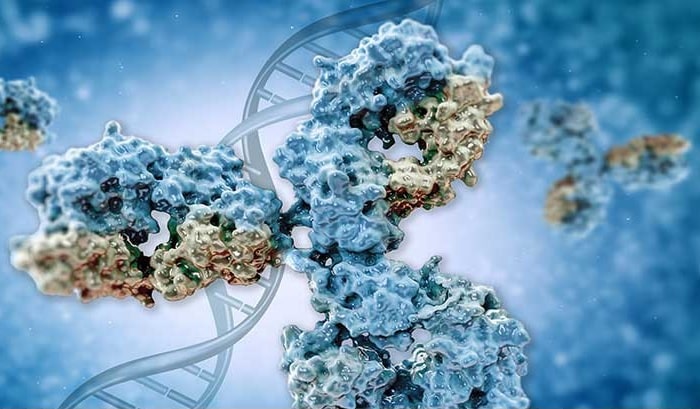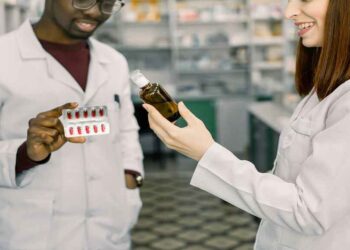For an option on Biocytogen Pharmaceuticals’ possible first-in-class B7H3/PTK7 BsADC program, Ideaya Biosciences is paying more than $400 million. The goal of antibody drug conjugates (ADCs) is to give highly focused therapy by combining the cytotoxic medicines with the specificity of monoclonal antibodies. According to Biocytogen, B7H3/PTK7 is co-expressed in a variety of solid tumor types, including colorectal, head and neck, and lung cancers, where it has a double-digit percent prevalence.
In order to find completely human monoclonal, bispecific, and multispecific antibodies as well as bispecific antibody-drug conjugates, nanobody, and TCR-mimic antibodies, Biocytogen uses genetically altered proprietary RenMice platforms.
The ADC industry, one of the most competitive in pharmaceuticals today, is already expected to be valued close to $20 billion. The FDA has previously authorized fifteen ADCs.Just the three industry leaders—Merck, AZ/Daiichi, and Gilead—have revealed 33 Phase III studies. There are thought to be about 60 trials in all.
The field seems to be gaining speed and is not slowing down. One of the larger transactions occurred in March of last year when Pfizer paid $43 billion to purchase ADC pioneer Seagen, doubling the major pharma’s early-stage cancer trial pipeline. Additionally, BMS and SystImmune inked a $8.4 billion ADC agreement in December 2023. In October of that year, Merck and Daiichi signed a $4 billion agreement.
According to Ideaya Biosciences president and CEO Yujiro S. Hata, the potential first-in-class B7H3/PTK7 topo-I-payload BsADC program has the potential to be developed as a monotherapy agent in multiple solid tumor types, and advances Ideaya’s broader corporate strategy to make it possible for fully owned, best-in-class rational combinations to be made at the junction of ADCs and small-molecule DDR-based treatments, increasing patient benefit.
Preclinical studies suggest that Ideaya may pursue the development of the B7H3/PTK7 topoisomerase-I-inhibitor-payload BsADC program as a monotherapy drug or in conjunction with other DDR-based therapy-focused products in its pipeline, such as the PARG inhibitor IDE161. The BsADC program aims to nominate a development candidate for the B7H3/PTK7 topoisomerase-I-inhibitor payload in the second half of 2024.
According to Yuelei Shen, president and CEO of Biocytogen, they are excited to announce our collaboration with Ideaya to explore the promising combination of our potential first-in-class ADC and Ideaya DDR small molecules. Through this agreement, the accuracy and efficacy of ADCs will be improved by using our state-of-the-art RenLite® platform and exclusive linker-payload technology. Ideaya has a wealth of expertise in drug development and great drive, therefore we are convinced that this medicine can be quickly developed for the benefit of patients.
The deal gives Ideaya the right to purchase an exclusive global license from Biocytogen for what might become a first-of-its-kind B7H3/PTK7 topo-I-payload BsADC program.
According to the terms of the agreement, Biocytogen will get an upfront payment as well as development, regulatory, and commercial milestones, as well as an option exercise fee upon IDEAYA’s option exercise.



















